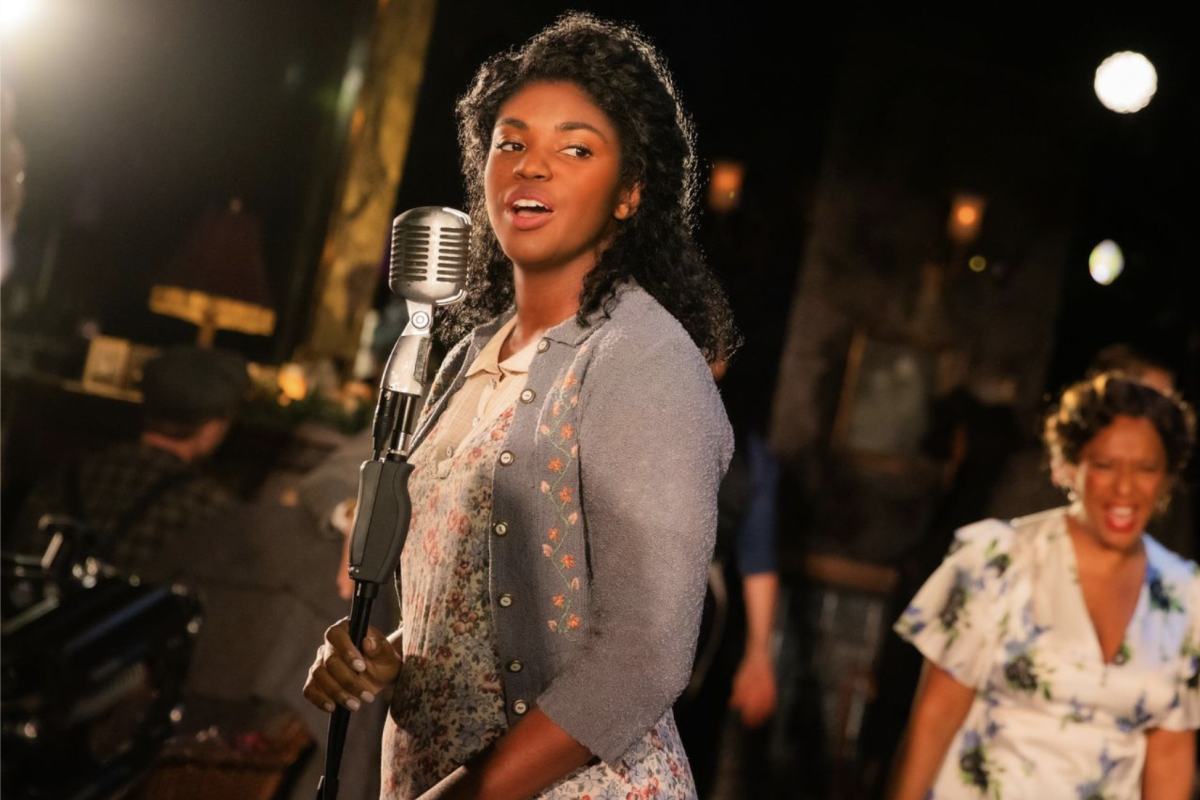By Juan A. Ramirez, A&E columnist
It’s a shame that people won’t give Lena Dunham a chance. Don’t get me wrong, the actress/writer/director behind the HBO series “Girls” is often as “painfully narcissistic, shockingly tone-deaf and just generally one of the most insufferable people you’ll ever meet” as her semi-fictionalized character, Hannah, is described in the show. Beyond her controversial status, though, is an artist too often lost and confused with her art.
A simple look at “Girls” proves it is as nimble and essential a work of art as we have ever needed, yet the series’ success is often undermined by a hyper-politicized world where you either stand with or against its creator. As the show nears its sixth and final season, I urge audiences to revisit, reevaluate and remember the astute cultural significance of “Girls.”
The most common mistake people make when approaching “Girls” is treating it as an evening’s entertainment. In 2017, you would think viewers would’ve grown accustomed to the dextrous maturity of shows like “Breaking Bad” and “Mad Men,” in which richly drawn characters, not flashy plot twists, are what drive the narratives forward. Dunham has created a handful of the most three-dimensional characters ever seen on television, each one imbued with motivations and opinions and allowed to roam free within the show, being themselves. We never sense any contrivances that move characters from point A to point B, but instead are afforded glimpses into what these young (un)professionals are truly like.
We see them in various states of nakedness, both physical and emotional, and see how their personas shift through different social situations. We see them annoy each other, laugh, make bad choices and be obscenely self-absorbed, yes, but when has a work of narrative fiction ever allowed us this much access? And when has a sanitized, family-friendly do-gooder ever been an interesting subject for a long-form narrative?
The main complaint I hear against the titular girls is that they’re too irritating, too “out-there,” too prone to finding themselves in self-created miserable situations. I’m not debating any of this. I’ve often cringed away from seeing what fresh hell Hannah and her unrelenting ego have gotten themselves into, but by the time the credits roll, I revel in the satisfaction of knowing and understanding another human, no matter how flawed (or fictional). They might be annoying sometimes, but they’re what we’ve got.
There is much to praise and deride about a show like this; Think pieces for either side of the love/hate dichotomy spend thousands of words debating whether a character’s actions in any given episode advance or hinder any number of social causes. Too often, though, people’s fierce grips on their ideals stop them from honestly dissecting the show piece by piece, as I imagine Dunham expects us to do.
Nothing about the show begs to be unconditionally loved and it’s perfectly okay to take issue with Jessa’s flakiness while praising Shoshanna’s career choices. Much as our opinion of our friends might shift throughout a week, so does our view of these characters. “Girls” is a fascinating exercise in authenticity, a multiple character study that shakes us out of complacency with the generic, all-good-all-the-time garbage too often found on television.
A show like “Girls” breeds empathy. Though you might be initially put off by its forthrightness, you’ll eventually find yourself identifying with Hannah’s delusions, Adam’s manic-yet-controlled demeanor or even Elijah’s aimlessness or Marnie’s sense of displacement. Being in your 20s is not as carefree as we might have perceived, and “Girls” does not shy away from this truth. Instead, we are shown vital success stories and grim cautionary tales about what might happen when we let our vanities get the best of us. It might not always be pleasant to view your own flaws expanded and carried out into dramatic scenarios, but it’s certainly cathartic.
If nothing else, the series proves Dunham is capable of genuine creation. I challenge anyone to truthfully say they have ever seen another show like it. Sure, “Sex and the City” comparisons are obvious and cheap, but whereas that show presented a fairytale, Dunham’s series is concerned with our youth—maybe not all youth, or even a relevant fraction of it—but youth, regardless. When Hannah—in the first episode, no less—tells her parents, “I think I may be the voice of my generation—or at least a voice of a generation,” we laugh because she is clearly delusional and out of her element, but aren’t we all?




















